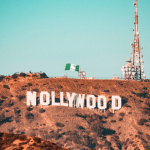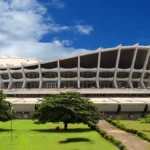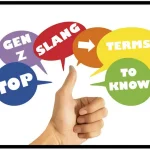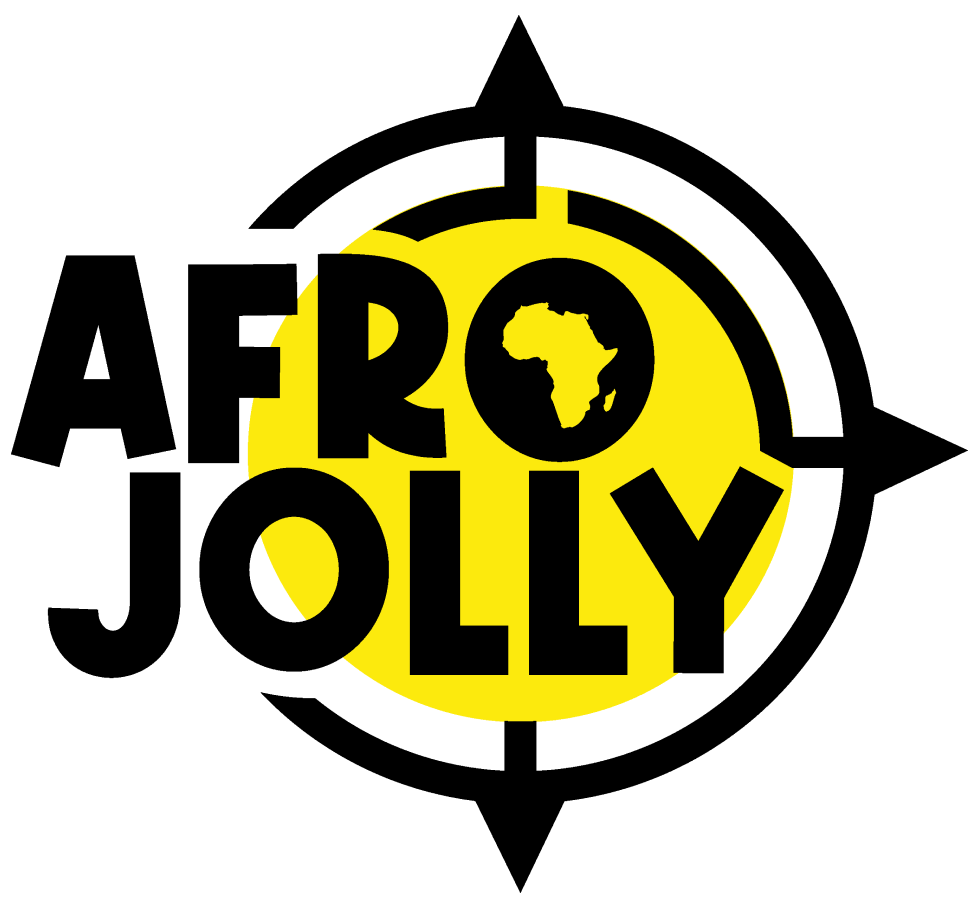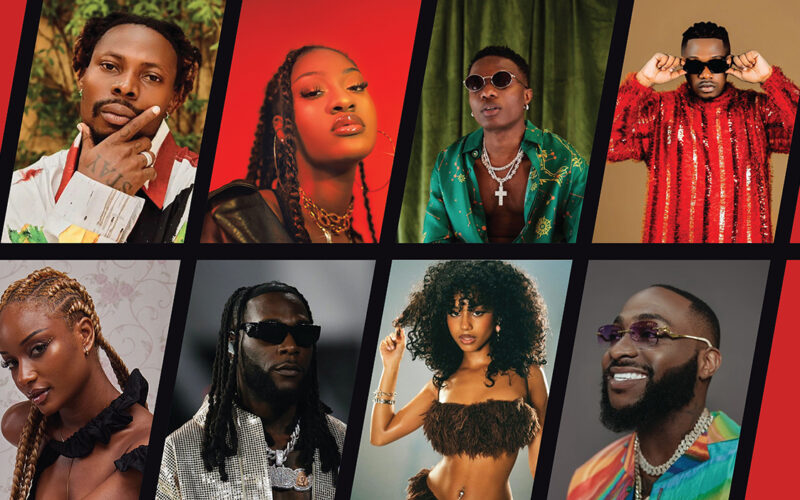
If there’s one sound that has taken the global music scene by storm, it’s Afrobeats—a vibrant, energetic, and eclectic sound born in the heart of Nigeria. Not to be confused with Fela Kuti’s original Afrobeat (singular), Afrobeats (plural) is a genre that blends traditional African rhythms with modern pop, hip-hop, dancehall, R&B, and electronic music.
From street parties in Lagos to global award shows, from YouTube playlists to TikTok trends, Afrobeats has become the heartbeat of a generation, and Nigeria is its pulsing core.
In this blog post, we trace the evolution of Afrobeats, celebrate its pioneers, spotlight the stars of today, and invite you to visit Nigeria to experience the sound, soul, and swagger of Afrobeats live and in motion.
The Roots: A Brief History of Afrobeats
To understand Afrobeats in 2025, we must journey back to where it all began.
The 1960s and 1970s in Nigeria were marked by political upheaval, post-colonial identity shifts, and a fierce desire for cultural expression. Amid this backdrop, Fela Anikulapo Kuti, a saxophonist, singer, and activist, forged a new sound: Afrobeat—a fusion of highlife, jazz, funk, Yoruba rhythms, and conscious lyrics.
Fela wasn’t just a musician; he was a movement. With his band Africa ’70 (later Egypt 80), he used music as a weapon of protest, challenging government corruption, colonial legacy, and social injustice. Tracks like Zombie, Water No Get Enemy, and Sorrow, Tears and Blood were fiery, poetic, and unapologetically African.
Afrobeat was bold, rebellious, and deeply spiritual. But while Fela’s genre carved out a niche in music history, Afrobeats—note the “s”—emerged decades later as a distinct, more commercially oriented sound.
The Birth of Afrobeats (1980s–2010): Building the Foundation
In the late 1980s and 1990s, as Nigeria embraced new technologies and urban cultures, its music also began to shift. Hip-hop, R&B, and reggae filtered into Lagos through television and the internet. Nigerian artists began experimenting with beats and flows, blending Western influences with traditional African instruments, Pidgin English, and local themes.
Key players during this foundational period include:
- Plantashun Boiz (2Baba, Blackface, and Faze) – Known for pioneering R&B-influenced Nigerian pop.
- Tony Tetuila, Eedris Abdulkareem, and Ruggedman – Blending hip-hop and rap with social commentary.
- Styl-Plus, Mode 9, and Jazzman Olofin – Icons of the early 2000s who brought polish and production quality to Nigerian music.
But the real game-changer came in the mid to late 2000s, when artists like:
- D’banj and Don Jazzy (with Mo’Hits Records),
- P-Square (the dynamic duo of Peter and Paul Okoye),
- 2Baba (formerly 2Face Idibia) with his timeless African Queen,
- and Wande Coal,
…pushed Nigerian music into a new era: the Afrobeats revolution.
Their music was catchy, danceable, and commercial—reaching radio stations and clubs across Africa, Europe, and the Caribbean. The Nigerian diaspora amplified the sound, and before long, Nigerian Afrobeats became a staple in global parties.
Afrobeats Goes Global: The 2010s Takeover
Between 2010 and 2020, the world watched as Afrobeats transformed into a global force. Key artists led this charge:
- Wizkid, whose collaboration with Drake on One Dance topped global charts and earned him Grammy recognition.
- Davido, known for hits like Fall, If, and Assurance, blending luxurious visuals with relatable lyrics.
- Burna Boy, the African Giant himself, who took Fela’s conscious Afrobeat roots and fused them with dancehall, reggae, and hip-hop to create globally resonant albums like African Giant and Twice As Tall.
- Tiwa Savage, the Queen of Afrobeats, brought grace, power, and feminism into the genre, bridging the gap between Lagos and London.
- Yemi Alade, Mr Eazi, Tekno, and Rema, each bringing their own spice to the stew.
By 2020, Afrobeats had made it onto the Billboard charts, BET Awards, Grammys, and Coachella stages. Major labels and streaming platforms like Sony, Universal, and Apple Music set up Afrobeats divisions in Nigeria. Spotify launched dedicated Afrobeats playlists, and music festivals like Afro Nation, GidiFest, and Detty December became global pilgrimages.
Afrobeats in 2025: The Present Pulse
Now in 2025, Afrobeats is no longer emerging—it is established, celebrated, and evolving.
The sound has diversified. Subgenres like Alté, Afrofusion, and Afrotrap are carving their own spaces. Artists are blending genres more than ever—trap beats with Igbo lyrics, gospel with amapiano, highlife with EDM. The boundaries are blurring, and the creativity is boundless.
Here are some of the key players in Afrobeats today (2025):
1. Rema
The boy from Benin has grown into a global sensation. From Calm Down to performing at international stadiums, Rema’s sound—melodic, spacey, and futuristic—has won him fans worldwide. His fusion of trap, afrobeats, and pop continues to influence new artists.
2. Ayra Starr
The celestial songstress has proven she’s no one-hit wonder. With chart-toppers like Rush, Sability, and 21, she embodies the bold, fresh, and stylish voice of young African women.
3. Asake
Asake brought the streets to the spotlight. With his Fuji-infused style, powerful anthems, and energy-packed performances, he’s the darling of the clubs, parties, and festivals.
4. Burna Boy
Still reigning strong, Burna Boy has become a living legend. His tours sell out across continents, and his albums continue to push musical boundaries with political depth and sonic range.
5. Tems
Tems represents grace, soul, and lyrical depth. Since her work with Wizkid (Essence) and Future (Wait For U), she’s become a Grammy-winning powerhouse whose music balances introspection with universal appeal.
6. Omah Lay, Fireboy DML, BNXN (formerly Buju), Seyi Vibez, Joeboy, and Victony also remain critical voices—each offering unique textures to the soundscape.
7. New Rising Stars
Names like Bloody Civilian, Odumodublvck, Pawzz, and Shallipopi are rapidly climbing the charts in 2025, showcasing the next wave of genre-defining artists.
Beyond the Music: Afrobeats as a Cultural Movement
Afrobeats is more than sound. It’s fashion, dance, attitude, and lifestyle.
Watch any Afrobeats music video, and you’ll see bold Ankara prints, gold chains, luxury cars, expressive hairstyles, and infectious choreography. Afrobeats artists are style icons, cultural ambassadors, and trendsetters.
The genre has inspired Afrobeats dance challenges on TikTok and Instagram. It’s sparked collaborations with artists like Beyoncé, Chris Brown, Ed Sheeran, and Justin Bieber. African producers like Sarz, Pheelz, and Rexxie are now in high demand globally.
Fashion weeks across Europe now showcase Nigerian designers. Nollywood stars are crossing into music videos, and vice versa. Even major global brands are tailoring ads and products to match Afrobeats aesthetics.
Afrobeats is Africa’s biggest cultural export, and Nigeria remains its most fertile ground.
Visit Nigeria – Feel the Groove of Afrobeats
If you want to truly experience Afrobeats, you must feel it where it lives: Nigeria.
Walk the streets of Lagos, and you’ll hear music playing from every corner—Okadas (motorcycles), Danfos (buses), restaurants, and clubs. Head to Mainland Lagos for raw street vibes or Lekki for elite club culture. Visit Freedom Park, New Afrika Shrine, or Terra Kulture for live shows and art.
December in Nigeria is called “Detty December” for a reason. That’s when Lagos becomes the entertainment capital of the continent—packed with music festivals, concerts, raves, and beach parties.
Planning a trip in 2025? Don’t miss the different music festivals happening in Nigeria. Take a cooking class and learn how to make jollof rice while dancing to Asake. Visit the historic Kalakuta Museum, Fela Kuti’s home. Shop at Balogun Market while Davido’s latest hit plays. Join a dance class in Surulere or vibe at a show in Victoria Island.
There’s nothing like experiencing Afrobeats live in Nigeria—surrounded by the people who breathe it, move to it, and define it.
Final Note: Afrobeats Is Homegrown, Heartfelt, and Here to Stay
From Fela’s sax to Wizkid’s swagger, from smoky clubs in the 70s to global stadiums in 2025, Afrobeats is Africa’s rhythm of pride. It’s a sound of resilience, creativity, identity, and celebration.
Whether you’re Nigerian, African, or a global citizen with rhythm in your soul, Afrobeats has a place for you.
So why just stream it from your phone?
Come visit Nigeria.
Feel the drumbeats, dance to the rythm, and live the Afrobeats experience. 🎶🇳🇬🕺🏾💃🏾
Ready to explore the home of Afrobeats?
Book your Nigerian music and culture tour with us today. From concerts to cuisine, we’ll give you the ultimate insider experience. Let’s take you where the sound never stops.



